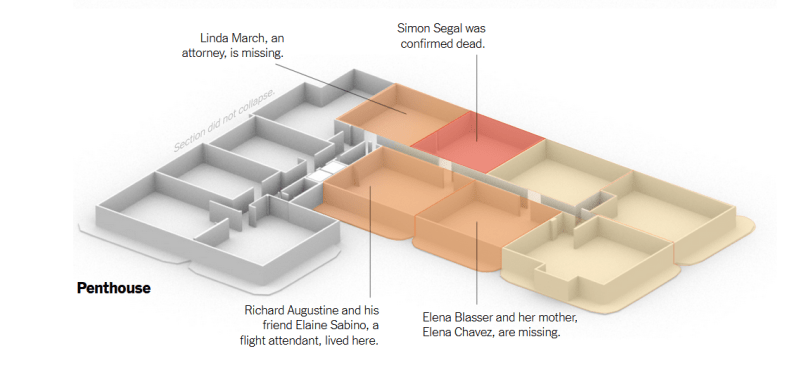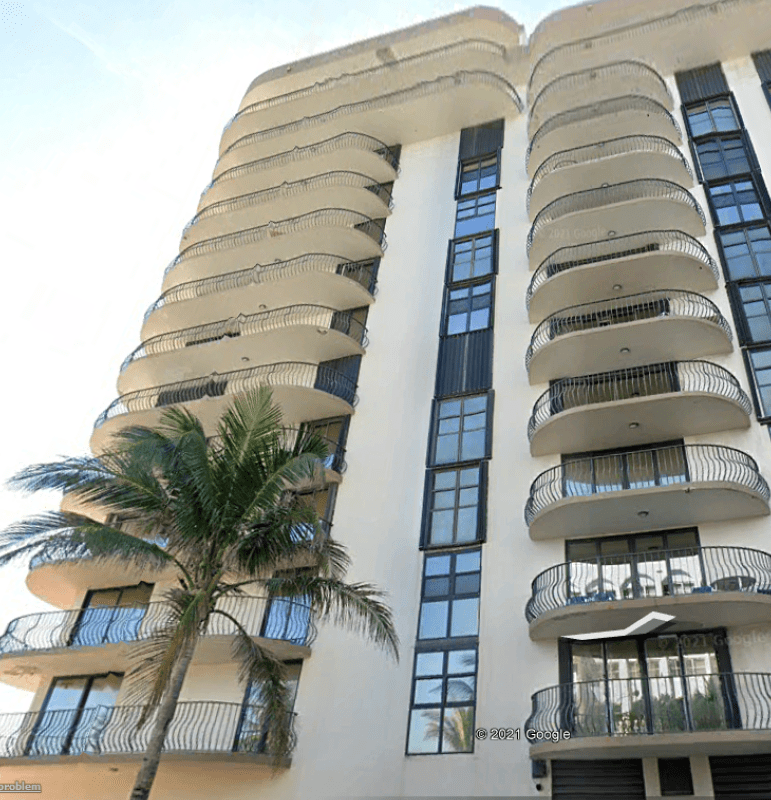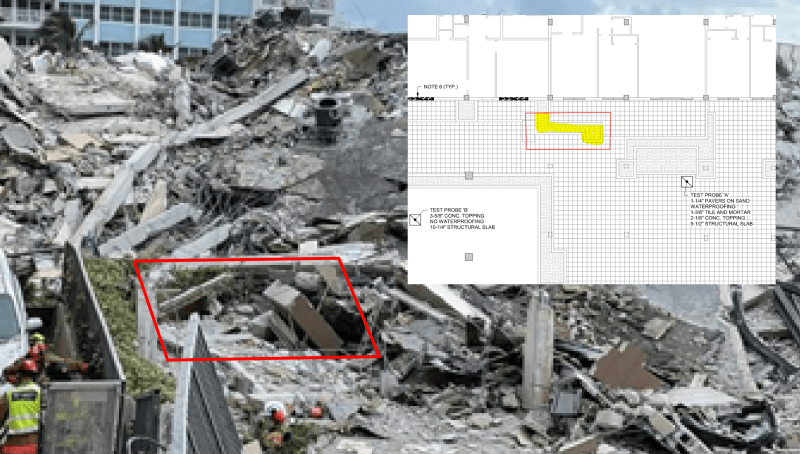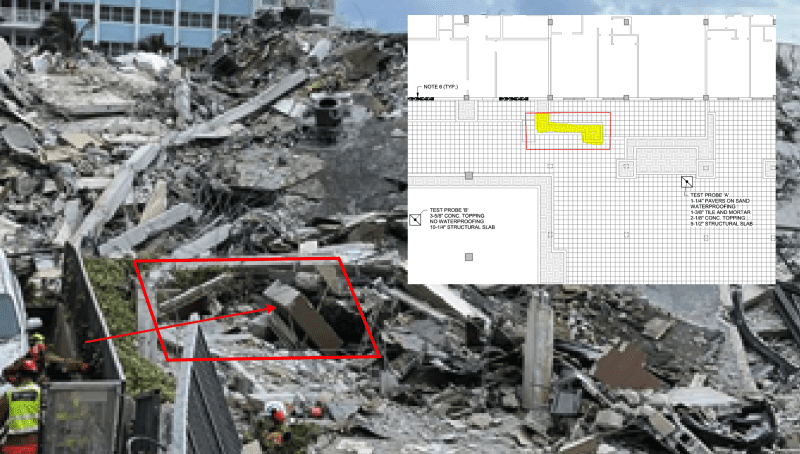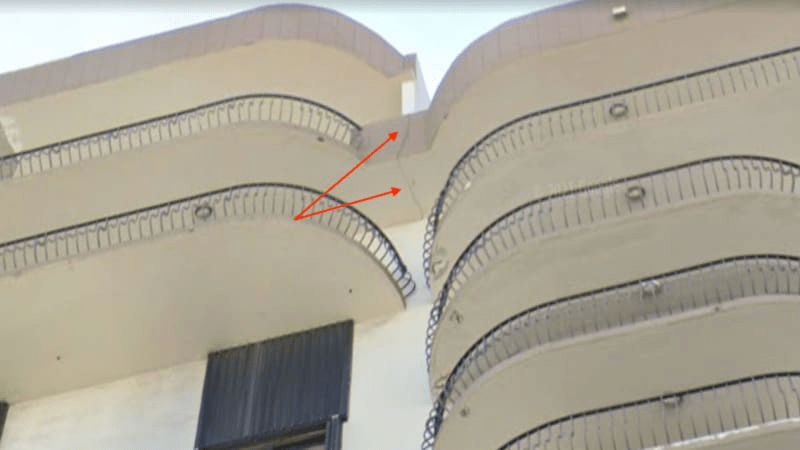I for one don't care where any of these parked their cars, but I find that knowing about it is no different than knowing where any of the other residents were as they observed/heard the various events unfold. What's interesting about the thereabouts of the Argentine couple's car can be relevant to the time at which the events unfolded from an observation standpoint. They had to go through the garage entrance and literally got in barely minutes before the whole thing came down. When they did, clearly nothing was standing in their way, which means the deck collapse hadn't happened yet, and they possibly didn't register any visible signs that it was about to. Their location is also interesting in relation to the noise they heard prior to getting into the elevator. They heard something but couldn't recognize what it was, and also didn't see anything happen there and then (either because their line of sight was blocked, say, if they had been standing behind the elevator block, or because nothing "visible" had happened yet - cue what bones206 said about load redistribution noises - but doesn't that imply the deck falling is subsequent to whatever else had already been going on, and if so, what was that exactly?), but by the time they got to the ground floor and came across the other panicky people there, dust had been flying already, and supposedly only then the deck then caved. To be honest it's still unclear to me whether the deck gave in as they were coming up, or while they were in the lobby with the others. But if that timeline is correct, and the caving is secondary to the dust flying around, then what's the source of the dust? (Honest question).
As for the wild theories going around. The two didn't observe anything out of the ordinary. I would imagine that if the car-slammed-into-column theory had any credit (which I doubt, personally), they'd have perhaps noticed plastic, glass, metal, car liquids, tire signs – anything from the car, really – that would deviate from the ordinary, and it would have been right on their path. Or maybe they did notice, but given the magnitude of extraordinary things that happened afterwards, they just didn't recall these specific details in their telling... but again, it'd be a stretch, I could think of at least 5 different things more plausible than that. Secondly, I'd also rule out their own involvement (I think I saw a comment here implying that perhaps they could have been responsible instead), there would have been simply no time for them to hit a column, recollect themselves after the fact, and then carry on like nothing had happened - given they barely made it out as is. Those implying they fled shortly afterwards because they had something to hide, they were there only temporarily and weren't owners in the complex. I'd imagine the first thing I'd do, if I were in a city I'm only temporarily in and a building I had no particular relation with came down on me, would be getting back home asap. I'd also imagine, much like for any of the other survivors, that on top of what was made publicly known, officials have collected their statements privately. What we know and what they know might not necessarily have the same depth.
I've read the mulling on "when it was only structural people discussing it". With all due respect, much of what is being done here, at the time being, is speculation. Literally all of what is being done here is, including combing through "hard facts", i.e. schematics and plans. Witnesses accounts are notoriously unreliable, but pretending that looking at plans, photos and documents on the internet isn't is a bit delusional, too. For all we know, things were omitted from documents ("curious results" in the cores, yeah, thank you very much, I guess?), plans vs. how it was actually built differ, and photos and videos (more so if sub-potato quality) can be deceiving by their own very nature. Without being there and with the limited access we have (thankfully, I'd say), we know no better. If the scope of the exercise was strictly limited to discussing good/bad practices then by all means, I agree that having experts in those specific fields is the bee's knees, but over the span of 5 topics it simply unhinged from that premise and became a let's throw around hypotheses on the cause - including from structural engineers themselves - so the finger pointing now seems a bit uncalled for.

